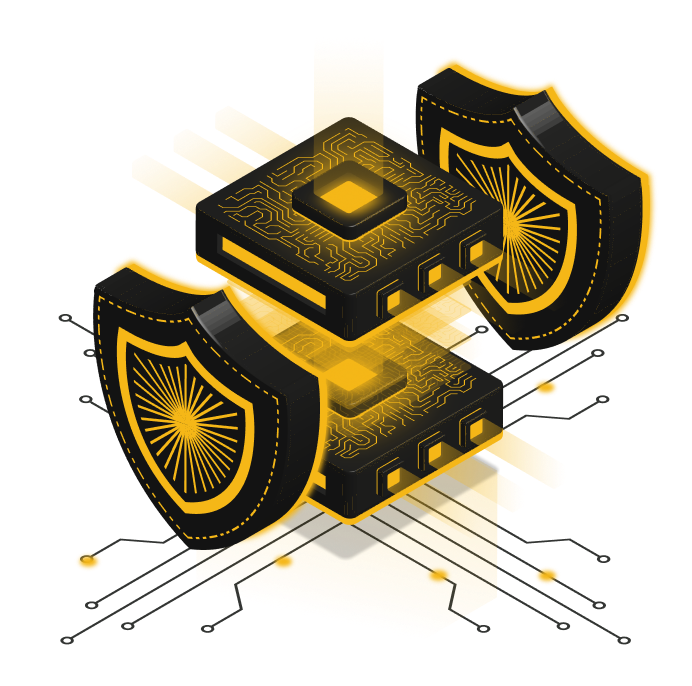Overseeing farm inventory
A significant number of farming organizations are not prepared to implement advanced technology for inventory management.


A significant number of farming organizations are not prepared to implement advanced technology for inventory management.

Supply chain encompasses the processes of designing, engineering, producing, and distributing goods and services from suppliers to customers.

A promising use case for blockchain in agriculture is the modernization of farm management software.

IoT technology has evolved to allow various objects to connect to the internet and interact with each other without human intervention.
The possibilities for blockchain in the food sector are vast. Its implementation in agriculture provides numerous benefits.
Lack of transparency is a significant challenge in the agriculture industry. Consumers and farmers often have limited information about market prices, demand, and product availability. A complex network of middlemen can increase costs and complicate transactions. Blockchain technology can connect consumers and farmers directly, eliminating the need for intermediaries. All data is recorded on the blockchain, accessible to everyone. Consumers can easily view product availability in their area. This helps prevent food fraud, false labeling, and the exploitation of middlemen.
Blockchain technology enables transparency by making all data accessible to consumers. This allows for direct monitoring of product availability, preventing food fraud, false labeling, and the exploitation of middlemen. Consumers can now purchase food from anywhere with knowledge of its exact harvest time and origin.




 ready to get started
ready to get started









Farmers' incomes are highly unstable, often fluctuating due to weather conditions, market demand, and unpredictable market prices.
Market rates are subject to extreme volatility and are primarily controlled by storeholders. A substantial number of intermediaries connect consumers and producers.
Farmers receive meager compensation for their goods, while middlemen reap significant profits. Blockchain technology can eliminate the need for middlemen, ensuring farmers are paid fairly based on the quality of their produce.
Smart contracts on blockchain platforms trigger payments automatically upon fulfillment of specific conditions, avoiding excessive transaction costs.
A consensus-driven blockchain network underpins this technology suite. Farmers can benefit from integrated platforms that eliminate intermediaries and enable the creation of global trade unions, thereby increasing their profit margins.
Farmers in developing economies frequently encounter constraints in accessing financial resources.
Blockchain technology can enhance the financial well-being of farmers in developing economies by providing quicker access to verification and financial resources.
The firm offers decentralized crop insurance powered by blockchain technology. Farmers can choose their crop types and field locations, and receive automatic payments based on weather data.
Agricultural insurance serves as a safety net for farmers, mitigating income and investment losses arising from natural disasters or low market prices.
In the case of weather-indexed crop insurance, mobile phones enable geotagging, reducing the reliance on in-field loss assessments by utilizing data from automated weather stations and satellite imaging.

